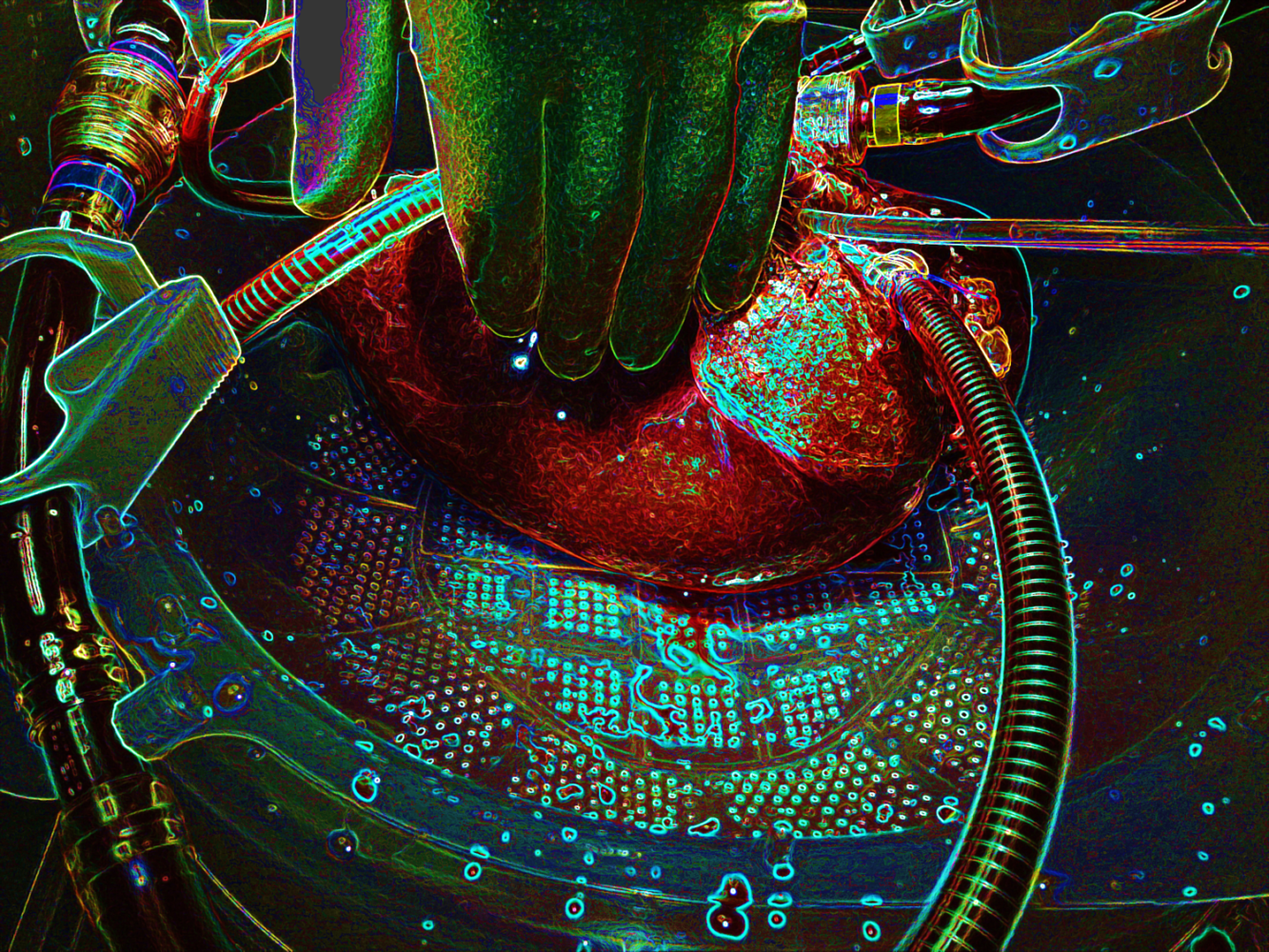

Building on Professor Bellhouse’s early success, subsequent members of Magdalen College have combined the worlds of science and entrepreneurship. On this page, you can read about two of the most successful entrepreneurs in the recent history of the college: Professor Constantin Coussios (Professor of Biomedical Engineering) and Barbara Domayne-Hayman (1980, Chemistry).
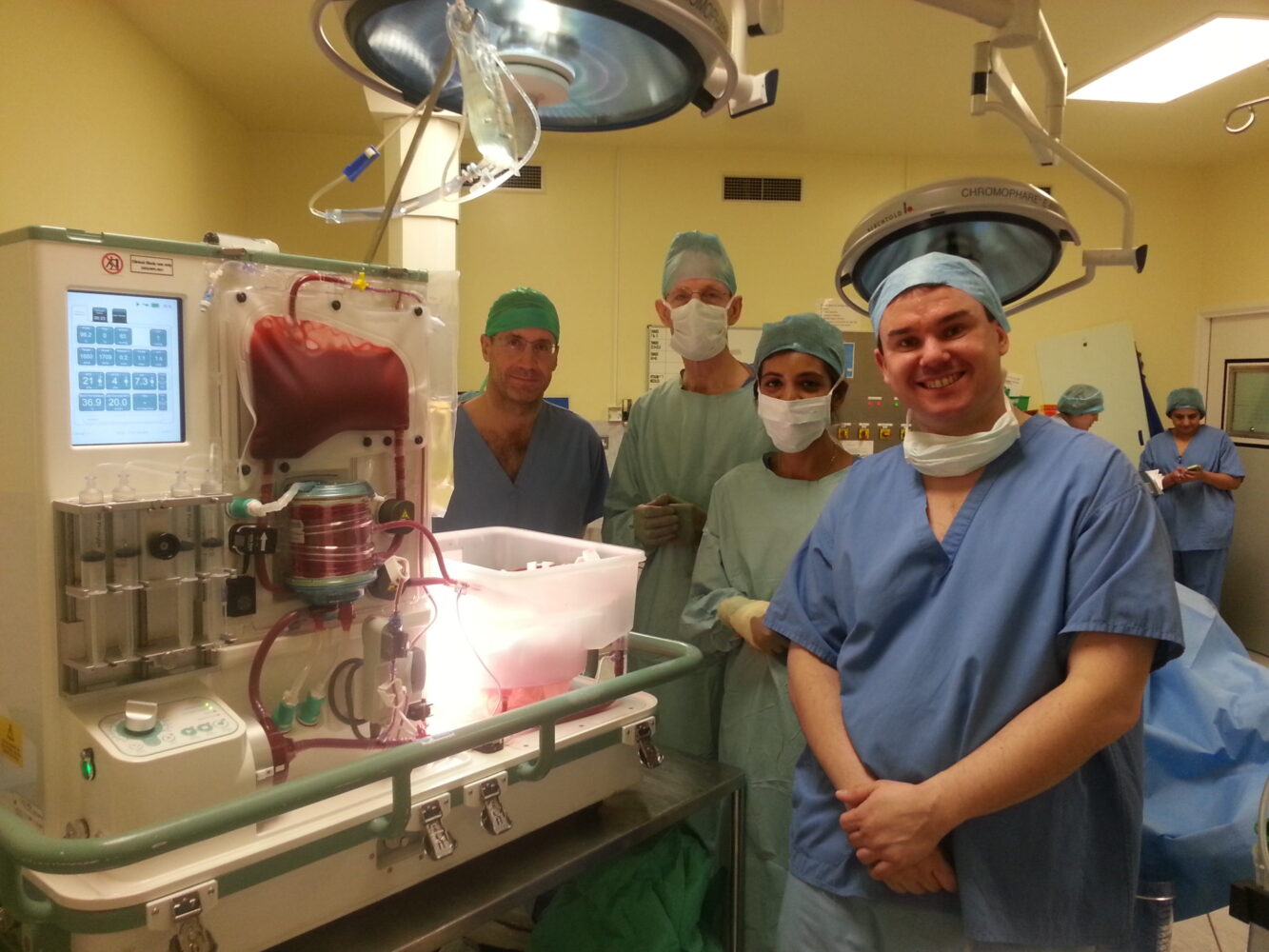
Professor Constantin-C. Coussios (Engineering, 1994, Cambridge) first came to Magdalen in 2004 as a Tutorial Fellow in Engineering. He had first been attracted to the subject through a passion for aeronautical design. An influential cross-disciplinary encounter at Magdalen with surgeon Professor Peter Friend, however, made him realise that engineering concepts could be equally and successfully applied to medical technology. This realisation, together with the mentorship of Professor Bellhouse, became just the start of a very successful entrepreneurial journey.
Living Organs:
The first company that Professor Coussios helped to found with Professor Friend was OrganOx, an influential company capitalised in 2009. This company resulted from an idea to improve the liver transplantation process. Constantin realised that he could use his engineering knowledge to help create a device that would trick a donated liver into believing it was still functioning inside the human body. Such a device had been attempted before but without success.
If such a device could be developed and marketed, it would revolutionise liver transplantation in the United Kingdom and further afield. Before, a donated liver would be cooled to 4 degrees centigrade, placed in a cold box, and transported as rapidly as possible to one of the surgical centres where it could be used. This process could take hours and often damaged the functional capacity of the liver. By mimicking the body, a new device would solve these issues, enabling the use of organs that had been discarded after cooling them in the conventional manner. In some territories, this figure had been as high as 50% of all donated livers.
Professor Coussios used the expertise he had gained from his engineering background to overcome the problems faced before and successfully developed a prototype device in 2011. After combining this prototype with a talented team that had experience in start-up companies, regulatory affairs, product management, and medicine, OrganOx gained significant amounts of investment.
This investment helped Professor Coussios to develop a successful product (pictured above with surgeons). Following successful medical trials in both Europe and the USA, the first £1 million of sales were recorded in 2017 and since then the company has consistently grown to become a very successful university spin-off venture. To date, over 650 livers have been successfully preserved and transplanted using the technology in 11 countries across 4 continents.
To find out more about this incredible product, click on “Speaker Series” above. The first event is a lecture by Professor Coussios on his entrepreneurial journey.
Future Work:
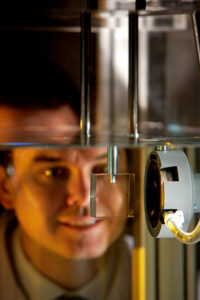 Despite already developing a successful company, Professor Coussios soon expanded his entrepreneurial portfolio by co-founding another company in the field of medical technology. Called OxSonics, this second company aids the treatment of cancer by ensuring that anti-cancer agents are not only injected directly into tumours, but also that the drug is distributed throughout the tumour equally.
Despite already developing a successful company, Professor Coussios soon expanded his entrepreneurial portfolio by co-founding another company in the field of medical technology. Called OxSonics, this second company aids the treatment of cancer by ensuring that anti-cancer agents are not only injected directly into tumours, but also that the drug is distributed throughout the tumour equally.
In the future, Professor Coussios will continue to develop his innovative companies detailed above together with colleagues. In 2016, he founded another company, OrthoSon, which was built on 10 years of research. Developed on similar lines to the previous ventures, this company aims to develop a breakthrough treatments to restore spine function.
It is clear that Professor Coussios’ entrepreneurial journey so far has been wide-ranging and influential. In 2017, his efforts were recognised by his profession as he was awarded the Silver Medal of the UK’s Royal Academy of Engineering for his contributions to the translation of novel medical technologies into clinical practice.
His future work will no doubt continue to build on this success in upcoming years. Indeed, in his own opinion, Magdalen College and the wider university help to provide one of the best environments in the country for generating spin-off companies. The university can not only utilise its prestigious reputation to attract global talent, but has also developed a sophisticated innovation eco-system with state of the art medical facilities and support to develop this research into successful business ventures.
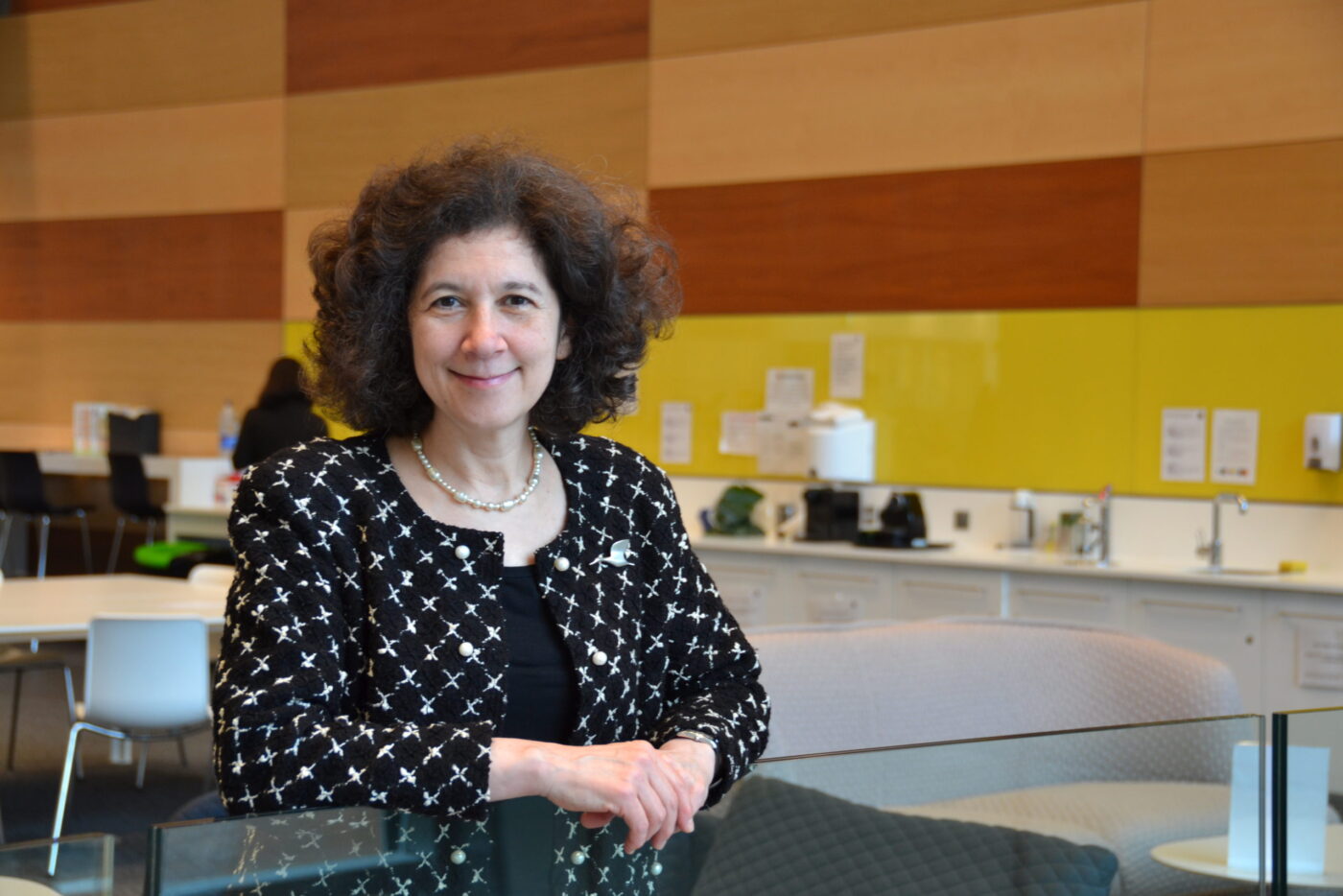
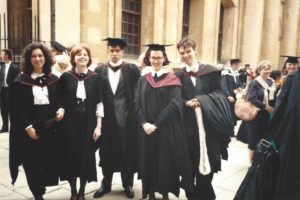
From the left: Barbara Domayne-Hayman, Sarah Holland, Donald Jenkins, Judith Hibbert and Christopher Butcher as students at graduation.
Barbara Domayne-Hayman (1980, Chemistry) first developed her detailed knowledge of biochemistry whilst completing a D.Phil on penicillin biosynthesis at Oxford. Although rewarding, she did not feel she had the patience or temperament for a career as a research scientist. After studying, therefore, she went into marketing, working at a large multi-national firm (ICI, now Syngenta) in a variety of roles including in Central and Eastern Europe directly after the collapse of communism, where she built the business amidst rapidly evolving market conditions, and then in France.
Behind the Scenes:
This marketing experience was soon to be crucial for the next phase of her career. While completing the Sloan Fellowship programme at the London Business School, she discovered a passion for entrepreneurship – particularly in a way that enabled her to use both her science and commercial backgrounds to build growing life science-based companies, which can bring a positive impact to people’s lives, harnessing new scientific discoveries to treat disease.
Since 2001, Barbara has built her career working at a series of biotech companies. She first started working at Celltech (now UCB), an established company, before moving into a series of more entrepreneurial (and smaller) ventures where she could make a bigger impact. These ventures included working at a company developing new anti-viral drugs, a company working with vaccine stabilisation technology, and a company with a new technology to improve the manufacture of biological drugs. As part of her role, Barbara spent much of her time fundraising or building relationships with large corporations either to license the technology or for them to acquire the company. Two of the companies she worked in were successfully sold to the multi-national giants AstraZeneca and GE.
Future Path:
In the future, Barbara will continue to develop her ‘portfolio career’, combining multiple roles where she can put her previous scientific and commercial experience to use. She is currently working as the Chief Business Officer for Autifony Therapeutics, a company developing new treatments for hearing loss, schizophrenia, dementia, and other serious nervous system disorders. Since January 2018, she has combined this work with her role as the Entrepreneur-in-Residence at the Francis Crick Institute. In this role, she helps to give back to the next generation of scientific entrepreneurs by mentoring scientists who are taking their first steps in moving their science from the lab to the real world.
As if that weren’t enough, she is keen to further develop this existing mentoring work into the future. She has recently helped to establish and run an accelerator programme at the Francis Crick Institute for start-ups in data driven health and has run a Summer School for PhDs and postdocs in data and biomedical sciences across the UK interested in entrepreneurship. She is also on the investment committee of the Cambridge Enterprise Seed Investment fund and chairs the LifeArc Seed Fund investment committee, which keeps her in touch with many fascinating early stage projects that have the potential to make a positive impact on human health.